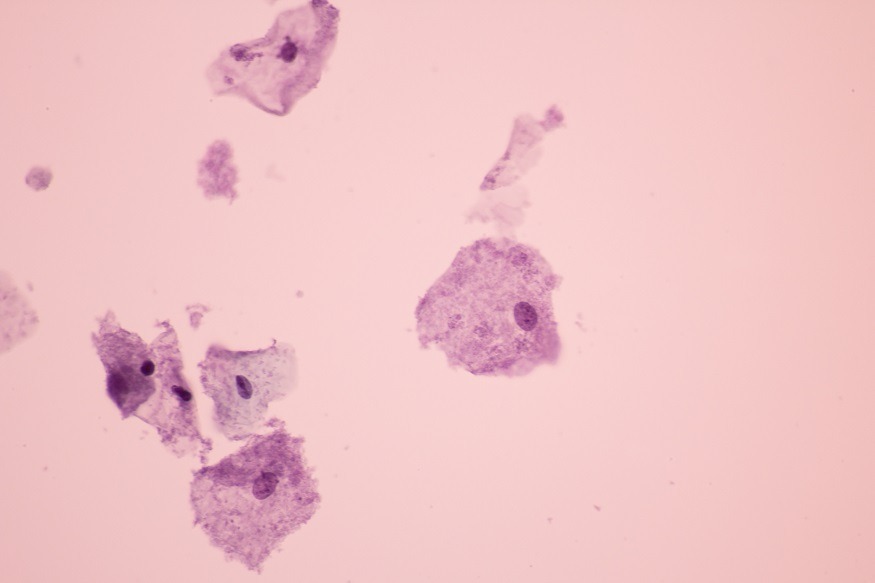
Bacterial vaginosis: what is it and what can you do about it?

Your vagina contains many bacteria and fungi that create a natural balance. If this balance is disrupted, it can lead to bacterial vaginosis. What is this exactly, what causes it, and how can you treat it?
What is bacterial vaginosis?
Bacterial vaginosis is a disruption of the natural balance of bacteria in your vagina. If this happens, one or more types of bacteria are more dominant than the rest, which is not how it should be. Bacterial vaginosis causes greyish white discharge that smells different than before. This is caused by a decrease of lactic acid bacteria. The vagina won’t be red or swollen in most cases.
Causes bacterial vaginosis
There are several things that can cause bacterial vaginosis. It’s often difficult to determine the cause of your bacterial vaginosis with 100% certainty. These are the most common causes:
Vaginal douching, washing with soap, and deodorant
Using vaginal douches, washing your vagina with soap or shower gel, or using deodorant on your vagina disrupts the natural pH balance of your vagina. For example, soap washes away important natural acids. Your vagina cleans itself, so you don’t have to wash the inside. You should only wash your labia with lukewarm water. Douching won’t help if you have bacterial vaginosis, because it causes irritation of your mucous membranes. Chances are this will only make it worse.
Menstruation
Leaving a tampon in for too long can cause problems. Pantyliners and sanitary towels deprive your vagina of oxygen and create the perfect environment for bacteria to grow. The chemicals in these kinds of products cause irritation of the labia and mucous membranes, which only makes the infection worse. Change your tampon regularly and don’t use pantyliners. If you use sanitary towels or tampons, choose organic versions or go for a menstrual cup.
Sex
Bacterial vaginosis is not an STI. You can’t transmit it to your partner, because everyone already has these kinds of bacteria in their body. However, you can make it worse, for example by:
- Having sex without a condom. This disrupts the pH level of the vagina. Always use a condom if you have bacterial vaginosis.
- Fingering. Bacteria on your hands can disrupt the pH level of the vagina.
- Oral sex. Researchers from the University of California discovered that a certain type of bacteria that lives in the mouth (and also causes gum roblems and plaque), plays a role in causing bacterial vaginosis.
- Having penetrative sex when the woman isn’t wet enough. This causes irritation of the mucous membranes.
- Using lubricant with a chemical composition. If you want to use lubricant, choose lubricant that is as natural as possible.
How can you treat bacterial vaginosis?
In most cases, your vagina restores its natural balance on its own. But if it doesn’t, see your GP. They can check if it’s really bacterial vaginosis and can prescribe antibiotics, or cream or gel, to treat it. It’s important to look at your habits and lifestyle as well. Your own body is capable of fighting off infections if your immune system is in good shape. Your colon plays an important part in this. (Green) vegetables, fibers, and a sufficient amount of vitamin D are recommended for improving your immune system.
Difference with yeast infection
Vaginal yeast infection (thrush) isn’t the same as bacterial vaginosis. Yeast infection is caused by an overgrowth of yeast and a certain type of fungus, while bacterial vaginosis is caused by a disruption of the natural balance of bacteria in your vagina where certain bacteria are more dominant than others.








Respond or ask a question
0 comments